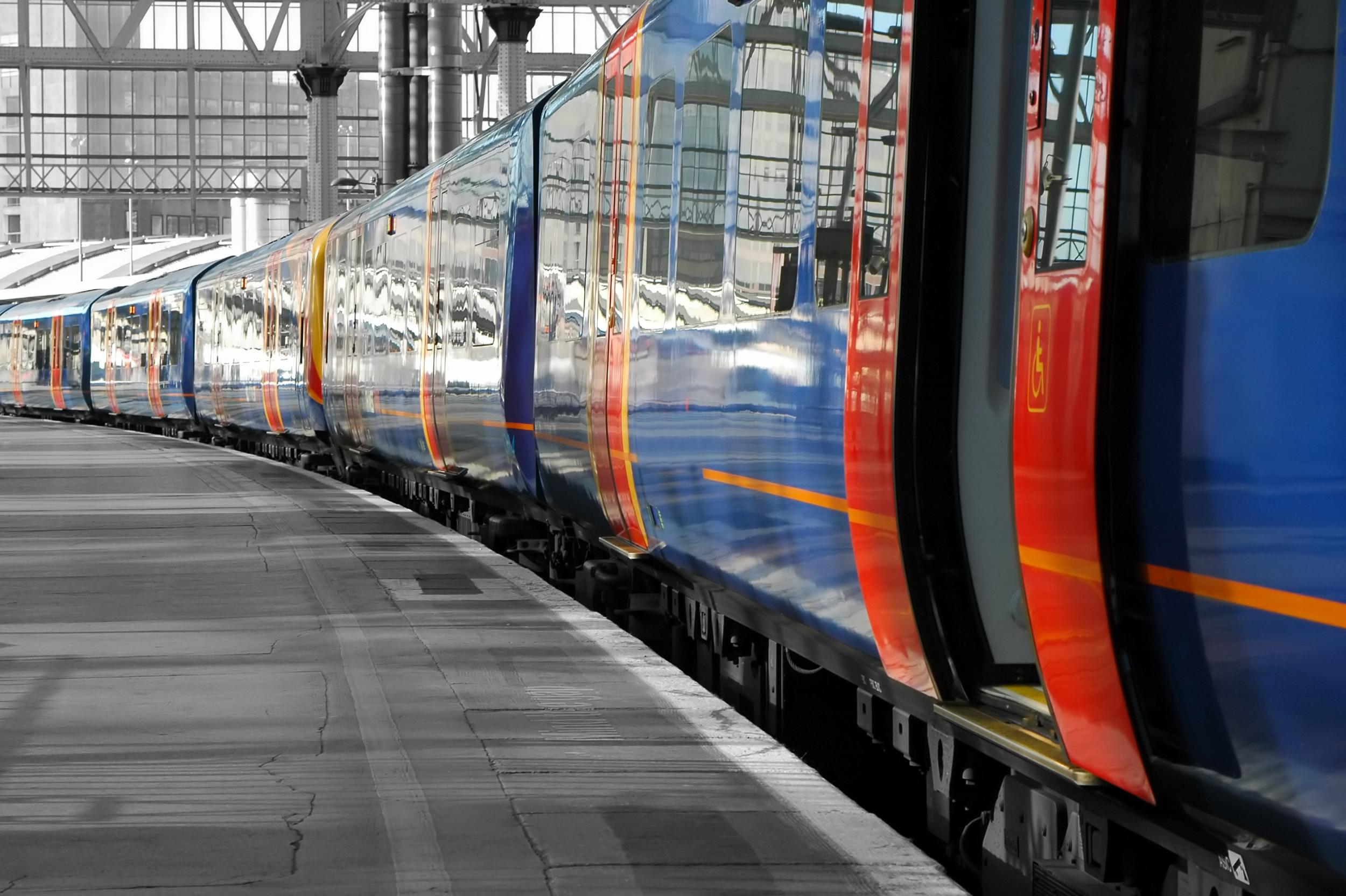One in seven UK trains late as punctuality plunges to lowest level since 2005
It comes as train fares are set to rise 3.1 per cent in January

Your support helps us to tell the story
From reproductive rights to climate change to Big Tech, The Independent is on the ground when the story is developing. Whether it's investigating the financials of Elon Musk's pro-Trump PAC or producing our latest documentary, 'The A Word', which shines a light on the American women fighting for reproductive rights, we know how important it is to parse out the facts from the messaging.
At such a critical moment in US history, we need reporters on the ground. Your donation allows us to keep sending journalists to speak to both sides of the story.
The Independent is trusted by Americans across the entire political spectrum. And unlike many other quality news outlets, we choose not to lock Americans out of our reporting and analysis with paywalls. We believe quality journalism should be available to everyone, paid for by those who can afford it.
Your support makes all the difference.More than one in seven trains were late in the year to the end of September, according to new figures, representing the rail industry's worst performance since December 2005.
Just 85.9 per cent of UK trains hit the punctuality target during the period, a fall of 2.5 per cent compared to the previous year, data from the Office of Rail and Road shows.
It comes as train fares are set to jump 3.1 per cent in January, which will add almost £150 to a season ticket between Brighton and London. Fares have risen by 37 per cent in a decade, according to a calculation by The Independent.
From July to September this year, just 85.6 per cent were on time, a slide of almost 4 per cent compared to the same time period in 2017.
Trains are considered late if they arrive at their destination more than five minutes behind schedule, or 10 minutes for long-distance journeys.
The proportion of trains that failed to arrive at their final destination within 30 minutes was the worst since December 2001, standing at 4.6 per cent in the year to end September. This measure increased by 1.1 per cent compared to the previous year.
Performance was affected by a number of factors, including the complex May 2018 timetable changes. This week, the Transport Select Committee published a scathing report that said one in five UK rail passengers experienced “sometimes dangerous disruption” to their daily lives due to the changes.
The worst train operators for punctuality include Hull Trains, LNER and Great Northern.
Robert Nisbet, regional director at industry body the Rail Delivery Group, said: "Every minute counts for our customers and we apologise to them for the unacceptable disruption over the summer.
"We have one of the most congested railways in Europe and this summer it has been stretched by an unprecedented heatwave and, in some parts of the country, the introduction of the May timetable.
"To ease pressure so customers get the railway they want, we're delivering record investment in infrastructure but this can't come at the cost of today's punctuality.
"That is why we're working hard to learn the lessons from May, starting with the introduction of the December timetable on Sunday."
Additional reporting by PA
Join our commenting forum
Join thought-provoking conversations, follow other Independent readers and see their replies
Comments